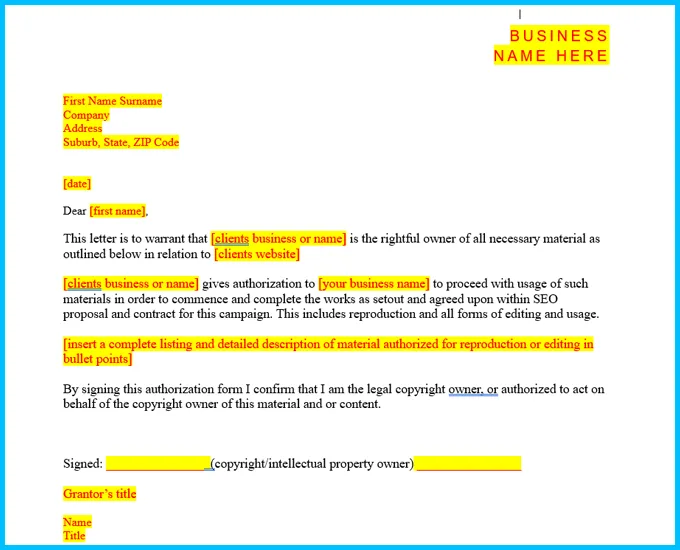
You may know it's important to seek permission before using copyright-protected content. But do you know how to obtain that permission? This article leads you through how to contact a copyright owner to obtain permission and what to ask for.
Always assume that a work is protected by copyright, and then do your research to determine if that is indeed the case or whether you can use it without permission. If you're in doubt, the best course of action is to seek permission or find an alternative to using a particular work.
These are just some of the many situations in which you may be seeking copyright permission from a copyright owner.
Check your country's copyright law to determine whether your particular use requires permission or if there's an exception in the law for it (like fair use or fair dealing). There also may be information on the work itself about whether you can use it and how, or perhaps a Creative Commons license that permits specified uses without obtaining permission.
Your library or organization may have a copyright policy or guidelines that sets out a corporate permissions procedure. It may even include a standard permissions letter template. If that's the case, ensure you comply with your organization's procedures and requirements.
If your organization doesn't provide such guidelines, the steps outlined below will assist you in obtaining copyright permissions. You may even create a customized procedure and template that could be the basis of a corporate copyright policy or procedure for your organization.
Your first step is to identify the copyright holder of the copyright-protected work you wish to use. Sometimes it's immediately obvious, as the work may include a copyright notice with their contact information. There may even be a link to contact the copyright owner.
Other times identifying a copyright owner requires more research. If you locate an image you wish to use through Google Images, there may be copyright and contact information attached to it. Some images that you find through an online search or on platforms such as Pinterest have a link to the source website where you can locate contact details.
If you're seeking permission to use an article, you may need to contact:
How should you contact the copyright owner?
It depends on the information you have about them. There are a variety of ways to obtain permission to use third-party content. You could ...
No matter how you obtain copyright permission, it's best to have a written document as evidence of the permission obtained. A copyright permissions sample letter is below.
There are no standard forms or exact wording to use in your copyright permissions request letter. There are, however, a number of items your request should address. At a minimum, consider including the following items in your copyright permissions request letter:
Whether you offer payment for that use is your choice. Of course, the rights holder may request payment for the use of their work whether you offer it or not.